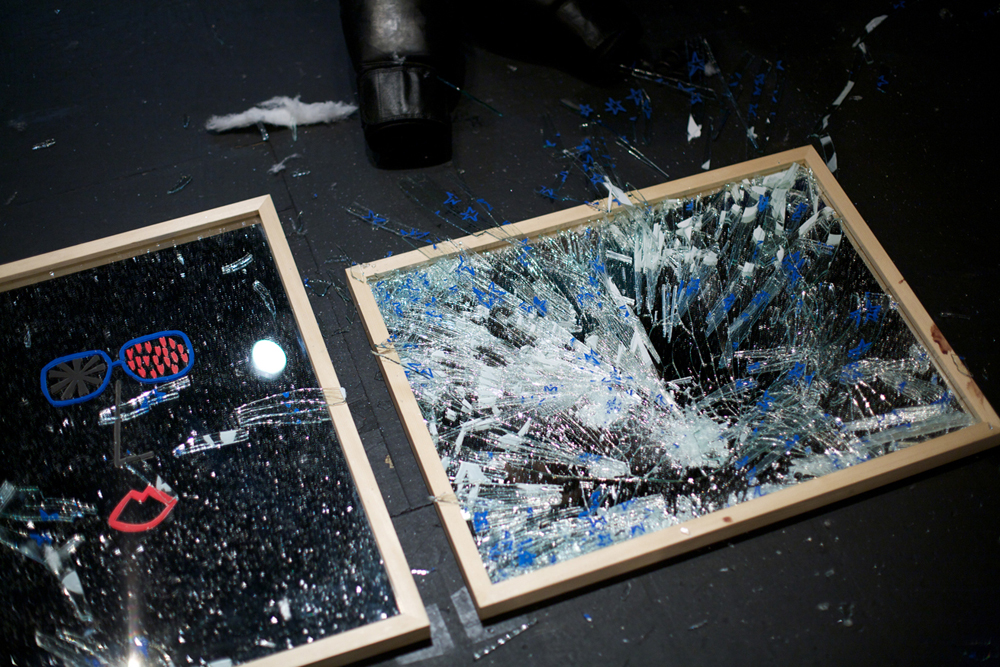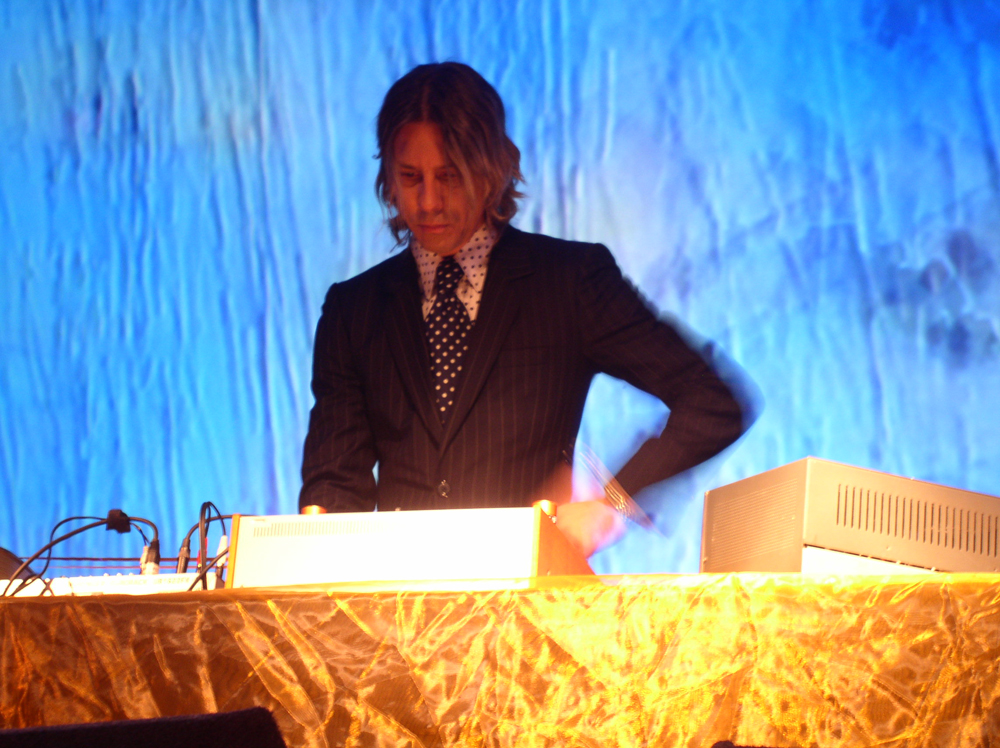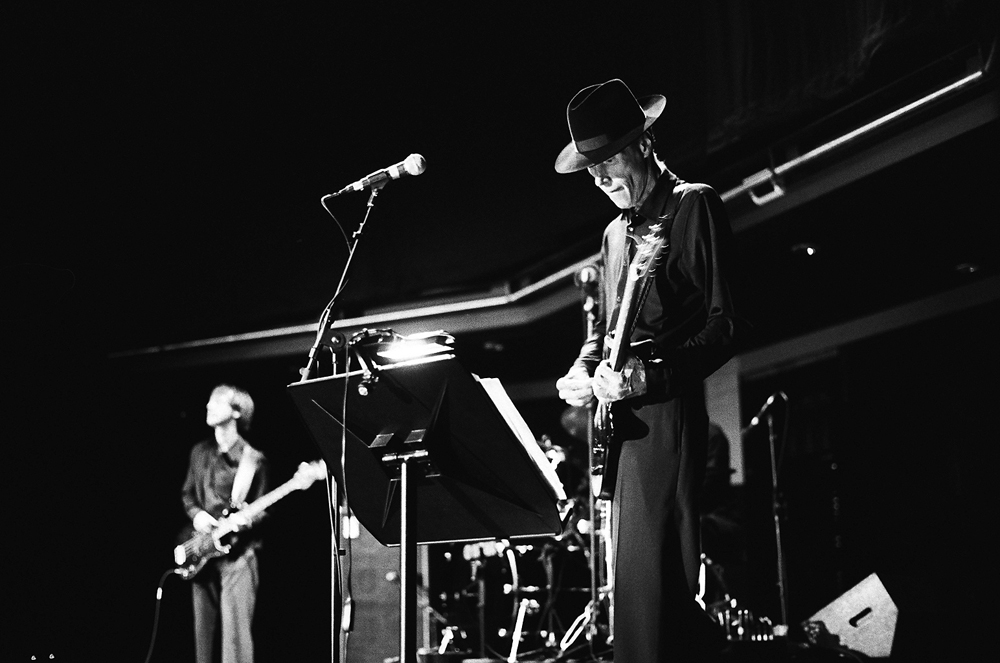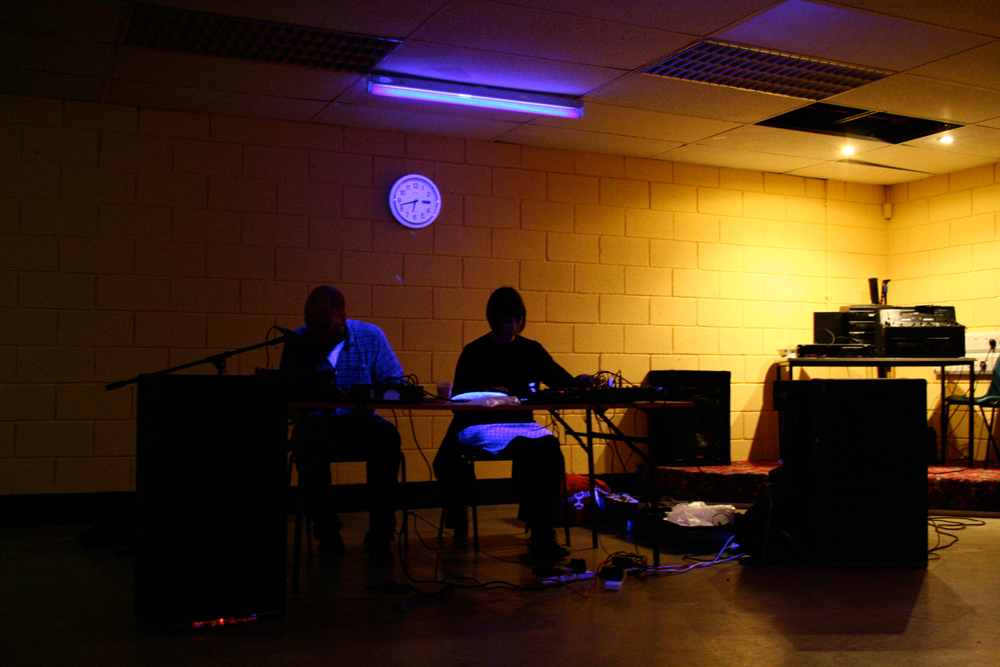
Rehearsal after Reflect Soft Matte Discourse
Clara López Imri Sandström Malin Arnell
A performed reflection on Malin’s previous re-enacting of a super influential landmark of performance art from the French feminist and artist Gina Pane.
Arika have been creating events since 2001. The Archive is space to share the documentation of our work, over 600 events from the past 20 years. Browse the archive by event, artists and collections, explore using theme pairs, or use the index for a comprehensive overview.

A performed reflection on Malin’s previous re-enacting of a super influential landmark of performance art from the French feminist and artist Gina Pane.

A conversation about the movement for prison abolition and refusing the logic of race and sex that underpins the criminalisation and mass incarceration of communities.

Journalist and underground music champion Alan Cummings talks to Keiji Haino about his career and his performance the previous evening.

A slowed down single tracking shot along a corridor as workers at the Bath Iron Works, (Maine, USA) take their lunch break.

Offering a crip grief transformation and witness altar. A place to sit and breathe, remember our dead, wash our hands and leave offerings to and for loved ones we’ve lost – and for ourselves. Expect fire and a little bit of smoke. Concluding with a D/deaf centered social space with conversational interpreters available for those who do not speak ASL.

Improvising using nothing so much as the passage of time as his instrument, Basinski creates works of great melancholic depth and fragile beauty.

A celebration of the release of four books written by members of, and focused on about the House and Ballroom scene.

Haino exceeds expectation with a 4 hour solo performance on a collection of more than forty instruments from all over the world.

Jandek’s second ever live performance, and the first to be advertised in advance.
Screening of films by Duvet Brothers, David Critchley, David Hall, John Latham, Judith Goddard, Mike Leggett, Tony Sinden

Politicised fan-fiction chronicling working class gay urban space and fantasy.

Avant-wrongdoers Blood Stereo performing in Garthamlock the town spawned them.